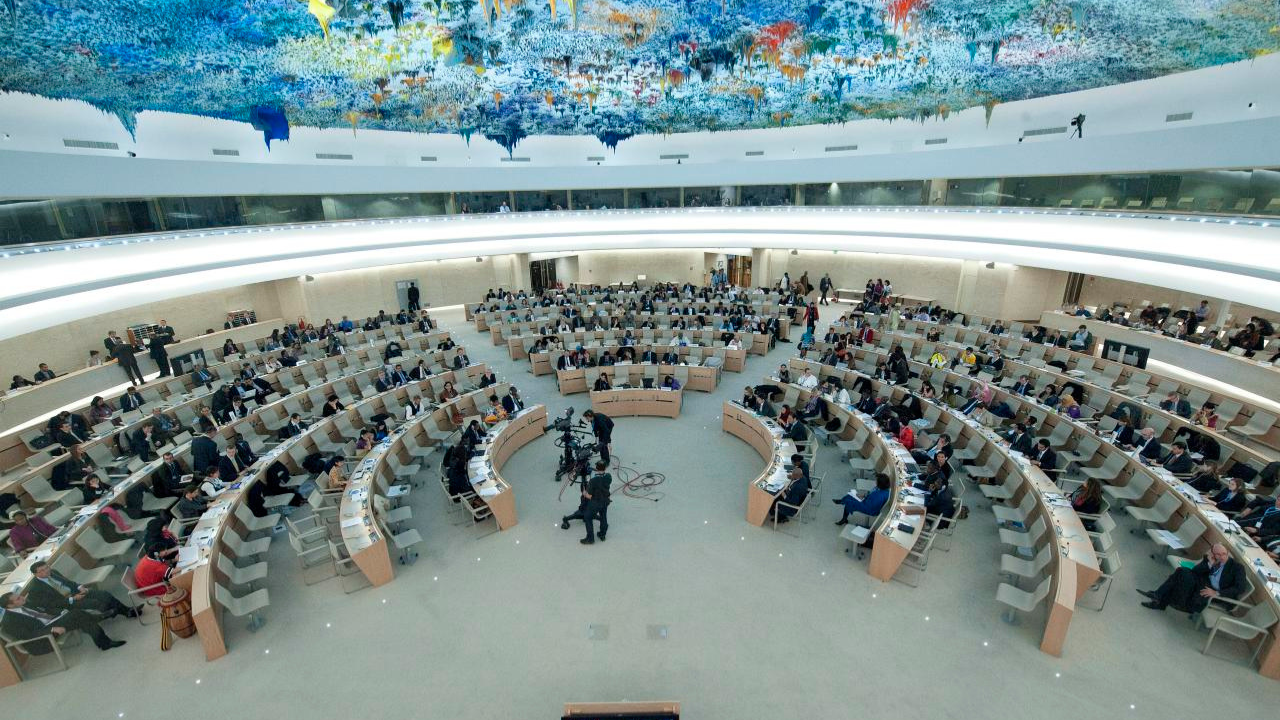India has been elected unopposed to the UN Human Rights Council for the 2026–2028 term, marking its seventh tenure. What does this re-election signify for India’s role in shaping international human rights policies and its commitment to global human rights advocacy?

India’s seventh term on the UN Human Rights Council.
New York: India has been elected to the United Nations Human Rights Council (UNHRC) for the 2026–2028 term, marking its seventh tenure on the Geneva-based body. The election results were announced on October 14, 2025, with India's three-year term set to commence on January 1, 2026.
The UNHRC, established in 2006, comprises 47 member states elected by the UN General Assembly for three-year terms. Seats are allocated based on equitable geographic distribution, with 13 seats designated for Asia-Pacific states. India's re-election underscores its enduring commitment to promoting and protecting human rights globally.
India's Permanent Representative to the UN, Parvathaneni Harish, expressed gratitude to all delegations for their overwhelming support following the election. In a statement, he emphasized that the election reflects India's unwavering commitment to human rights and fundamental freedoms, and expressed eagerness to serve these objectives during the upcoming tenure.
India has a longstanding history with the UNHRC, having been elected to the council six times previously: 2006–2007, 2008–2010, 2012–2014, 2015–2017, 2019–2021, and 2022–2024. The country has consistently advocated for the protection of human rights, with a focus on issues such as the rights of women, children, and marginalized communities.
India slams UN Human Rights Chief’s “baseless” remarks on Kashmir, Manipur
India's election to the UNHRC for the upcoming term follows a mandatory break in 2025, as per the council's rules that prevent consecutive terms. This gap year allowed other nations to contribute to the council's work, ensuring a diverse representation of member states.
India's three-year term will begin on January 1, 2026.
The UNHRC plays a pivotal role in addressing human rights violations and promoting accountability among member states. India's re-election positions it to continue influencing global human rights discourse, particularly in areas where it has demonstrated leadership, such as combating human trafficking, promoting gender equality, and advocating for the rights of indigenous populations.
As a member of the G20 and a proponent of multilateralism, India is expected to leverage its position on the UNHRC to foster collaborative efforts in addressing global human rights challenges. The country's participation is seen as integral to shaping policies that uphold the dignity and rights of individuals worldwide.
With the upcoming term beginning in January 2026, India is poised to continue its active engagement with the UNHRC, contributing to the advancement of human rights globally. The election reflects the international community's trust in India's leadership and its dedication to promoting human rights and fundamental freedoms.